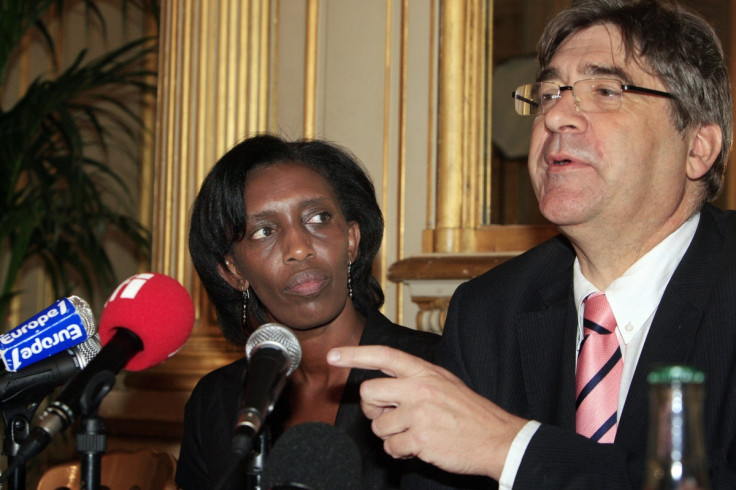Burundi: Coup leader Belgian lawyer Bernard Maingain faces own court case over failed coup

A Belgian lawyer, who is defending a putschist general accused of involvement in an attempted coup against Burundi's President Pierre Nkurunziza, is himself being prosecuted by the Burundian justice system.
The trial of 28 people accused over an attempt to overthrow the president on 13 May started on Monday (14 December) – seven months after the Burundian army led by General Godefroid Niyombare announced a coup on 13 May.
After hours of pitched battle between forces loyal to Nkurunziza and supporters of the coup, the insurgents surrendered and Burundian forces arrested the putschists on Friday 15 May.
The trial of the coup plotters – including a former defence minister, Cyrille Ndayirukiye, and 27 other senior military and police officials – was supposed to start on Tuesday 9 June with a preliminary hearing in which a judge should have decided whether the prisoners should be released on bail.
Burundi's civil society lawyer, Belgian attorney Bernard Maingain, who was defending General Ndayirukiye with two other Burundian lawyers, did not attend the trial.
"During the trial, prosecutors confirmed that I was the subject of prosecution and therefore it was impossible for me to speak on the record," he told the AFP. "There is a court case against me for complicity in the coup. I do not know what is in it."
"Maingain cannot be a lawyer in the case, as he is prosecuted in this case, " the prosecutor Adolphe Manirakiza said at the hearing in Gitega, on Monday December 14, according to comments reported by a witness.
The magistrate has yet to disclose what charges are held against the Belgian lawyer.
Maingain had spoken of secret plot
In May, IBTimes UK revealed that the United Nation's Security Council on 8 May received a file containing the details of the alleged assassinations of 22 figures of the Burundian opposition.
Maingain, said the file – which he managed to sneak out of Burundi – included allegations about a secret service plot to kill those against the President Pierre Nkurunziza's contested third term.
Collaborators of the special adviser to the President, General Adolphe Nshimirimana, whose role is crucial although he is officially no longer the director of intelligence services, came forward on 10 and 11 April, and wrote extensive statements in which they described the supposed involvement of Burundi's intelligence service in mass assassinations of political opponents.
"I have the list of 22 Burundian opponents murdered from 2010 to date as well as the names of all those who committed the assassinations," Maingain said over the phone at the time.
In another case handed to the UN Security Council on 8 May – the day the body met to discuss the situation in Burundi – Maingain disclosed plans by intelligence services to sabotage the opposition.
"This witness also explained how people in power, linked to the Intelligence services, had come up with a strategy to spread violence during civil society protests by discretely introducing armed men among the protesters, who would then fire, and by having a special police force that would act to facilitate a climate of riot and destabilisation so that protesters would then be considered to be terrorists, and protests called a rebel movement," the lawyer explained.
The second witness, who was his immediate superior and a "very high level" within General Nshimirimana's intelligence services, described a plan to allegedly destabilise the region by sending members of the Imbonerakure, the pro-Nkurunziza militia, to train in the Democratic Republic of Congo (DRC).
© Copyright IBTimes 2025. All rights reserved.






















